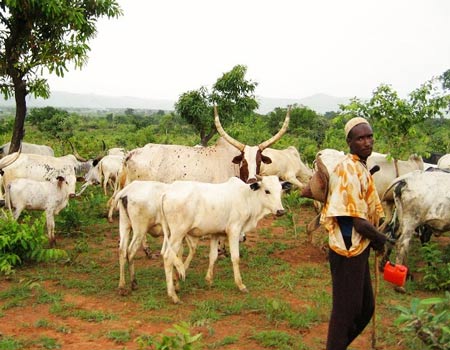Another aspect of the strategy was the setting up of security and sensitisation committees to monitor the situation, as well as the payment of compensation to victims of past crises in order to discourage them from seeking revenge. Similarly, in its effort to encourage and enhance the pastoralists, the Jigawa State government launched the 2014/2015 animals vaccination exercise in Birnin-Kudu local government area in the state in which the state government vaccinated 3,438,590 cattle against diseases between 2007-2014. Also, the state government immunised 1, 611, 197 sheep and goats, while 53, 450 dogs were also vaccinated against rabies. Due to routine vaccination, the devastating diseases that often affected animals in the state had declined significantly.
The economic and investment summit in the state in 2013 was convened by Lamido because of his commitment and efforts in the agricultural sector, in which more than 80 percent of the investors who participated at the summit expressed willingness to invest in agro-allied industries in the state. An accompanying aspect of this overall social policy also discouraged allowing domestic animals to roam freely in towns and cities. The far-reaching social policy was not restricted to the animals and pastoralists alone. It also accommodates the children of the herdsmen.
The government at the time established many nomadic schools in the state to accommodate a large population of Fulani children. The governor approved that all nomadic schools in the state must be funded, equipped and staffed while ensuring that the children are taught both religious and western education respectively. Farmers-herdsmen clashes in Nigeria are a problem affecting the entire Nigerian society. Therefore, states and the Federal Government should emulate this fantastic and lasting solution initiated by Sule Lamido.
- Adamu writes in from Kafin-Hausa, Jigawa State







